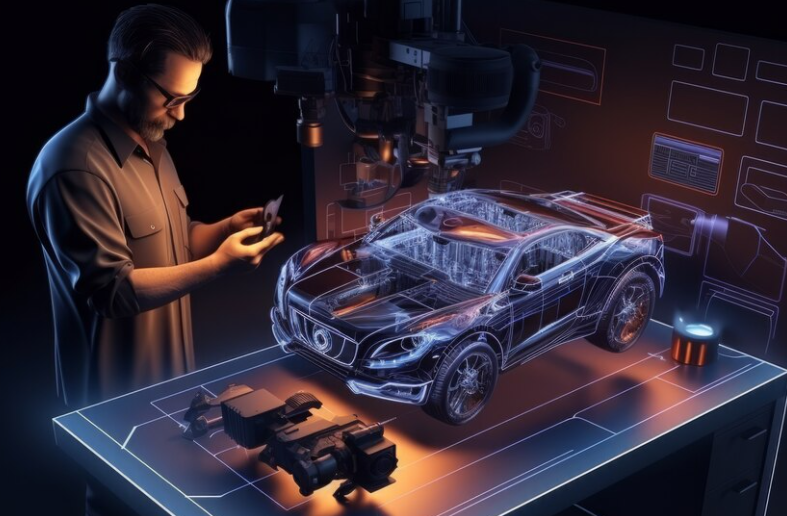Apple Inc. has decided to cancel its ambitious electric car project, Project Titan, moving employees to its artificial intelligence division. The tech giant remains committed to innovation, signaling a shift of focus to artificial intelligence.

What was Project Titan?
Project Titan was a decade-long effort by Apple to build a fully autonomous electric vehicle with a limousine-like interior and voice-guided navigation. The project started around 2014 and aimed to vault Apple into a whole new industry.
Why did Apple cancel Project Titan?
The decision to ultimately wind down the project was finalized by Apple’s most senior executives in recent weeks, according to people with knowledge of the matter. The project struggled nearly from the start, with Apple changing the team’s leadership and strategy several times. Lynch and Williams took over the undertaking a few years ago following the departure of Doug Field, now a senior executive at Ford Motor Co.
The most recent approach discussed internally was delaying a car release until 2028 and reducing self-driving specifications from Level 4 to Level 2+ technology. Most recently, Apple had imagined the car being priced at around $100,000. But executives were concerned about the vehicle being able to provide the profit margins that Apple typically enjoys on its products.
How will Apple use generative AI?
The decision to wind down Project Titan was accompanied by a shift of focus to generative AI, an increasingly key priority for the company. Generative AI is a type of artificial intelligence that can create new content such as text, images, audio, or video. Apple will use generative AI to enhance its existing products and services, as well as create new ones.
What does this mean for the future of electric cars?
Apple’s cancellation of Project Titan does not mean that electric cars are doomed. Other tech companies such as Tesla, Google, and Microsoft are also investing in electric vehicles and autonomous driving technology. However, it does indicate that Apple is willing to adapt its strategy and pursue new opportunities in artificial intelligence.






